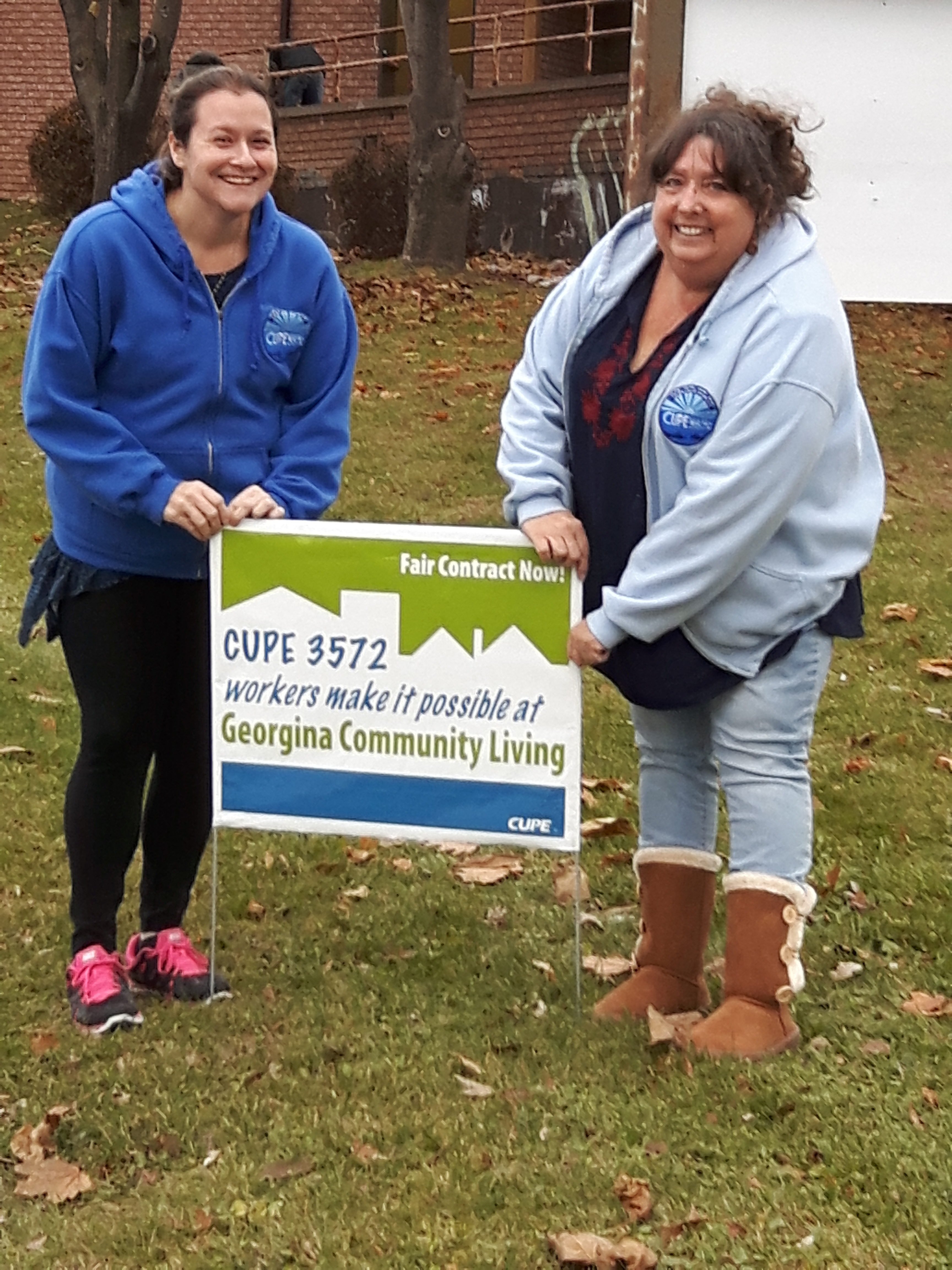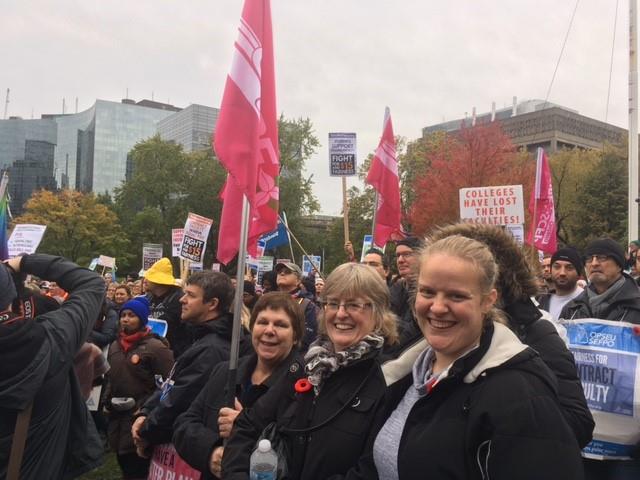
Maison d’amitié is demanding deep cuts to the wages, benefits and conditions of its exclusively female workforce. And to increase the pressure for its demands, negotiators for the agency have set November 20 as the deadline for a lockout or strike.
“The tactics used by Maison d’amitié are familiar to anyone who has experienced abuse,” said Jacynthe Barbeau of the Canadian Union of Public Employees (CUPE), the union that represents workers at the agency.
“The mission of Maison d’amitié is to support women and children who are fleeing violence and abuse. Yet this same organization is demanding that its own workers choose between providing these services to the vulnerable people who rely on them, and taking severe cuts in their already modest working conditions.
To the union, it smacks of intimidation and reprisal against a group of women workers who dared to try to improve their working conditions by joining a union.
“That this behaviour comes from an agency that is supposed to protect women from abuse is even more shocking and reprehensible,” said Barbeau.
Maison d’amitié’s demands include drastic cuts to workers’ wages and benefits, including sick leave, medical leave, and eligibility for paid vacation and statutory holidays. The agency also wants to hire any new staff at lower rates of pay and benefits.
The agency has offered no justification for its demands; its funding from the Ministry of Community and Social Services has remained stable. But its proposals would reduce workers’ wages and benefits to levels below those that existed before its workforce voted to unionize.
“It is shocking that Maison d’amitié would put services to vulnerable women and children at risk instead of negotiating a fair deal with its workers. And it is shameful that this same agency would try to coerce women workers into accepting a bad deal,” said Barbeau.
“People in Ottawa should be appalled at Maison d’amitié’s betrayal of its own values.”
- 30 -
For more information, contact
Jacynthe Barbeau, CUPE National Representative, 819-351-2704
Mary Unan, CUPE Communications, 647-390-9839
MU:ew
COPE491
View this page in full on the CUPE Ontario website: Putting services at risk part of Maison d’amitié’s tactics to intimidate its workers into accepting cuts, says union.









